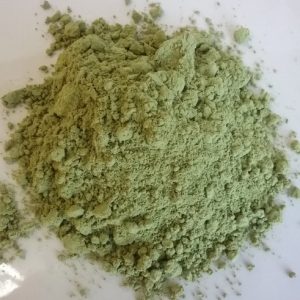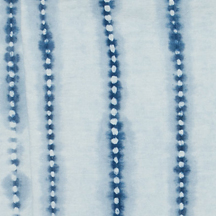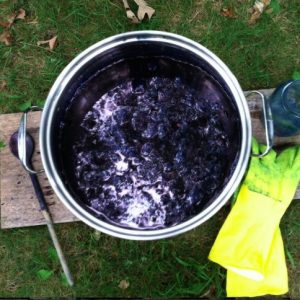FEEDBACK FRIDAY: This Week in Natural Dye Questions
Each week, we are emailed with questions from our natural dye community asking simple and complex questions that we thought might be worth sharing. Here are a handful from this week answered by natural dyer in chief, Kathy Hattori, Founder of Botanical Colors: After using the 1-2-3 indigo dye vat, do you need to mordant the now blue skein before you overdye with yellow to get green or madder to get purple? If you are overdyeing with a dye that does not require a mordant (like walnut hulls, for example), then you do not need to mordant after indigo dipping. … Read more






